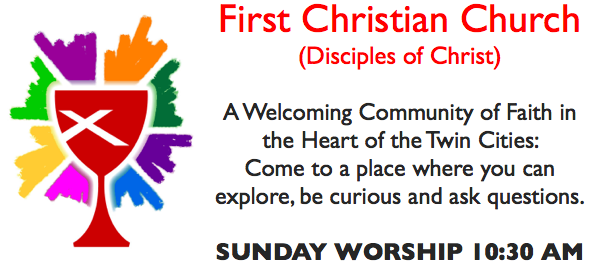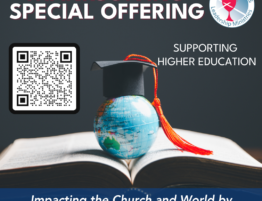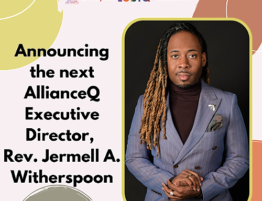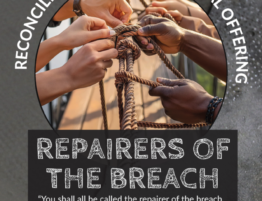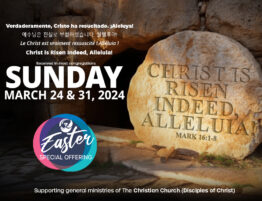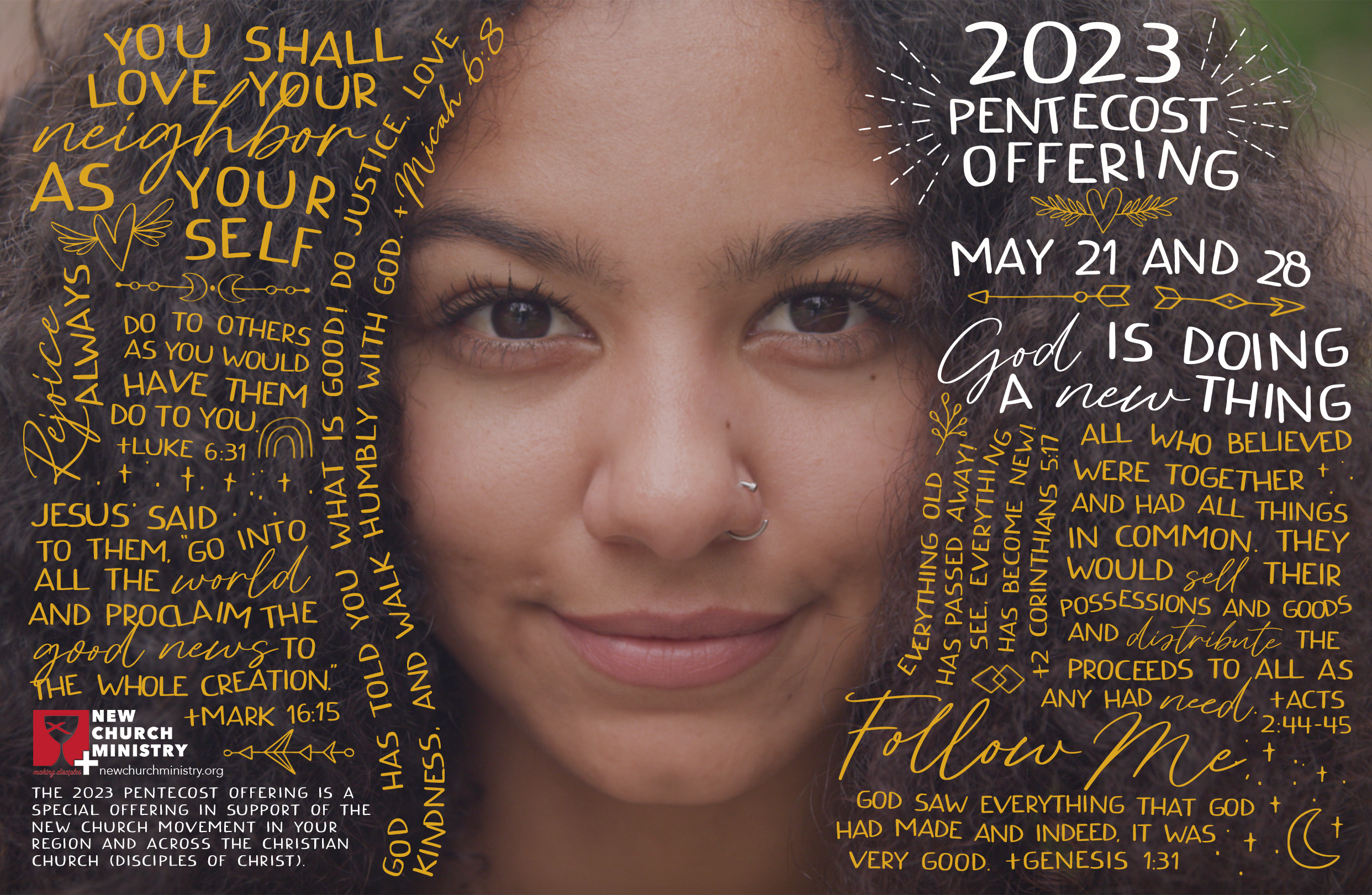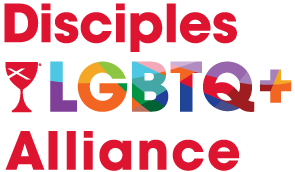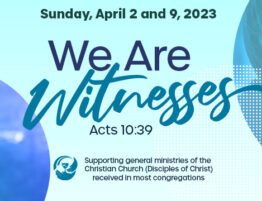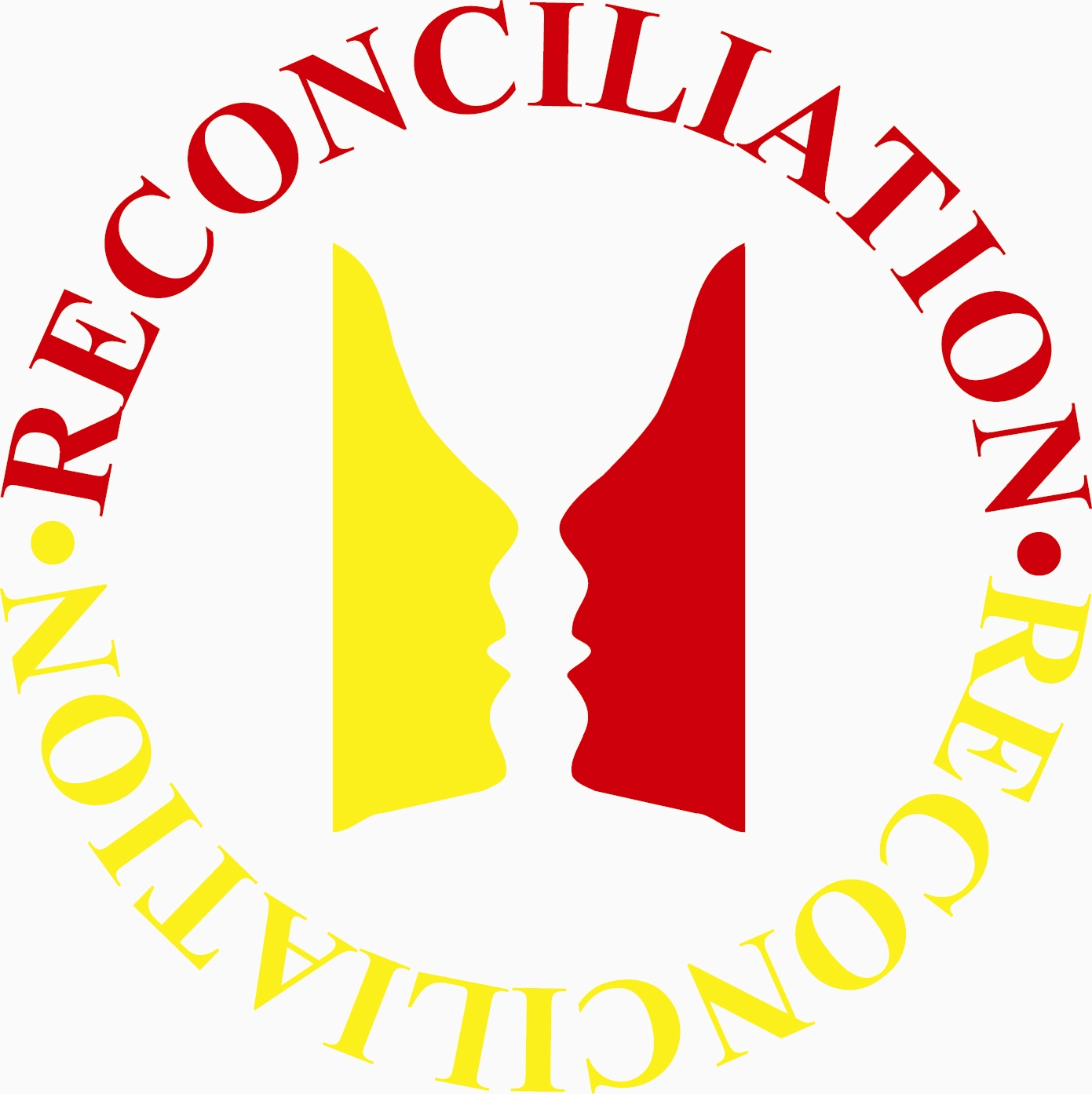
Silence is Violence. A Word of Lament for Charlottesville, VA
Words fail when I attempt to describe the despair that engulfed me upon the learning of the tragedy of violence and murder in Charlottesville, Virginia this weekend. Labels such as domestic terrorism, religious extremism, racism and bigotry, all which are fitting, do not serve to assuage the painful reality that hate’s death-dealing behaviors prevail in our society and nation. To denounce it is an important response but in no way completes the cycle of what is needed to diminish its power. The events of this Saturday call all of us to the sober reality that our words must be accompanied by action. Hate rallies are intended to show the vulnerable that they are powerless against wiles of “white supremacy and white supremacists.” The death of Heather Heyer who was mowed down by a young man drunk on the vile rhetoric and persuasion of white supremacy heightens the fear and anxiety it is intended to impose by the rally planners. Nineteen other people were variously wounded.
My soul hurts. It is painful well beneath the skin. It is the pain described by the prophet Jeremiah, “A voice is heard in Ramah, lamentation and bitter weeping. Rachel is weeping for her children. She refuses to be comforted.” (Jeremiah 31:15 NRSV) Jeremiah is describing the sense of overwhelming sadness associated with the cycle of prolonged captivity and brief moments of release of the Israelites. Rachel’s weeping is metaphoric for a collective grief over the entrenched nature of violence and hatred against the children of Israel. Similarly, in the aftermath of the events of Saturday morning in Charlottesville, the grief is palpable and unable to be consoled. New York Times reporter, Hawes Spencer attending the rally described the violence in this way, “. . .the air was filled with the sounds of fists and sticks against flesh.” That was a visceral reminder that we are all conscripted into a false narrative that to be non-white in this nation is a deficiency and there are those who are willing to pound our flesh to instill that perspective as reality.
To be clear, this is our historic and our current reality. Intimidating words and physical acts of violence are the foundation stones of a nation built on principles of economic expansion and white exceptionalism. This is the harsh reality of our past. It is not, however, who we are. To ignore the reality of our past is to keep a silent vigil to the forces of evil that misrepresent our identity as children of God. What happened in Charlottesville should raise the ire of every Christ-following, peace-loving disciple. What can we do?
- Pray. Pray with your hands, feet and heart. We need to consult the Founder of our Faith for guidance and discernment toward overcoming the sin of racism and bigotry. If possible, dedicate both individual and corporate prayer time this week and the weeks to come to listen to the voice of God for healing.
- Learn. Read articles and books, again individually and collectively to prepare for fruitful dialogue about ways to overcome the false understanding that racism is an individual preference. I commend to you this article1 by the Rev. Dr. Kelly Brown Douglas linked in the footnotes. Also, host an introduction to anti-racism workshop in your congregation or small group. Caution: be sensitive to the experiences of non-whites so as to not re-injure them by inadvertently forcing them to lead the learning process by sharing and baring their pain.
- Act. Do the work. Opinion will not be the vehicle that will last the entire journey to our destination of freedom and justice for all. Our anti-racism training is designed to walk us through the history that has shaped all of us into a racialized identity that is counter to our identity as Christ’s human family. However, it is not always the starting point for a sustained conversation that leads to action. I commend to you our “One Bag of Tea, One Conversation, One Relationship”2 program for getting to know your congregation and/or community.
- Be different. Because we offer an education and a granting program, we have learned in Reconciliation Ministry the importance to nurture our own capacity to “be the change we want to see in the world,” as coined by Mahatma Ghandi. This means go to the rally, aware of your surroundings but determined to be Christ to someone who needs your advocacy and power.
- Donate to Reconciliation Ministry at http://reconciliationministry.org/give/.
- Funds support grants for institutional programs that address the root causes of racism and leader development for long term change.
Like the Rachel, while listening to the report of the events in Charlottesville, I sat in my car weeping unable to be consoled. Afterward I resolved to trust God’s leading and not the leading of intimidation by keeping silent. As I consulted the scriptures, I was emboldened by God’s promises through the prophet Jeremiah to the Israelites in this, “there is a reward for your work, says the LORD: they shall come back from the land of the enemy; there is hope for your future, says the LORD: your children shall come back to their own country.” (Jeremiah 31: 16-17 NRSV)
With the help of God’s children, may it be so . . .
Rev. April Johnson Minister of Reconciliation August 14, 2017
1 https://btpbase.org/charlottesville-truth-america/ 2 www.reconciliationministry.org
